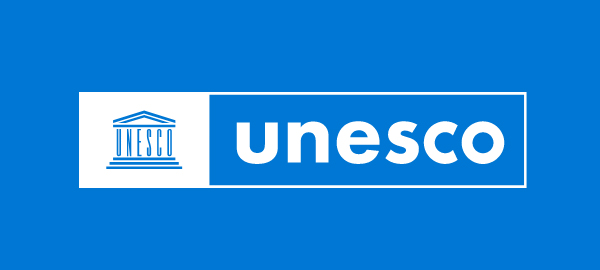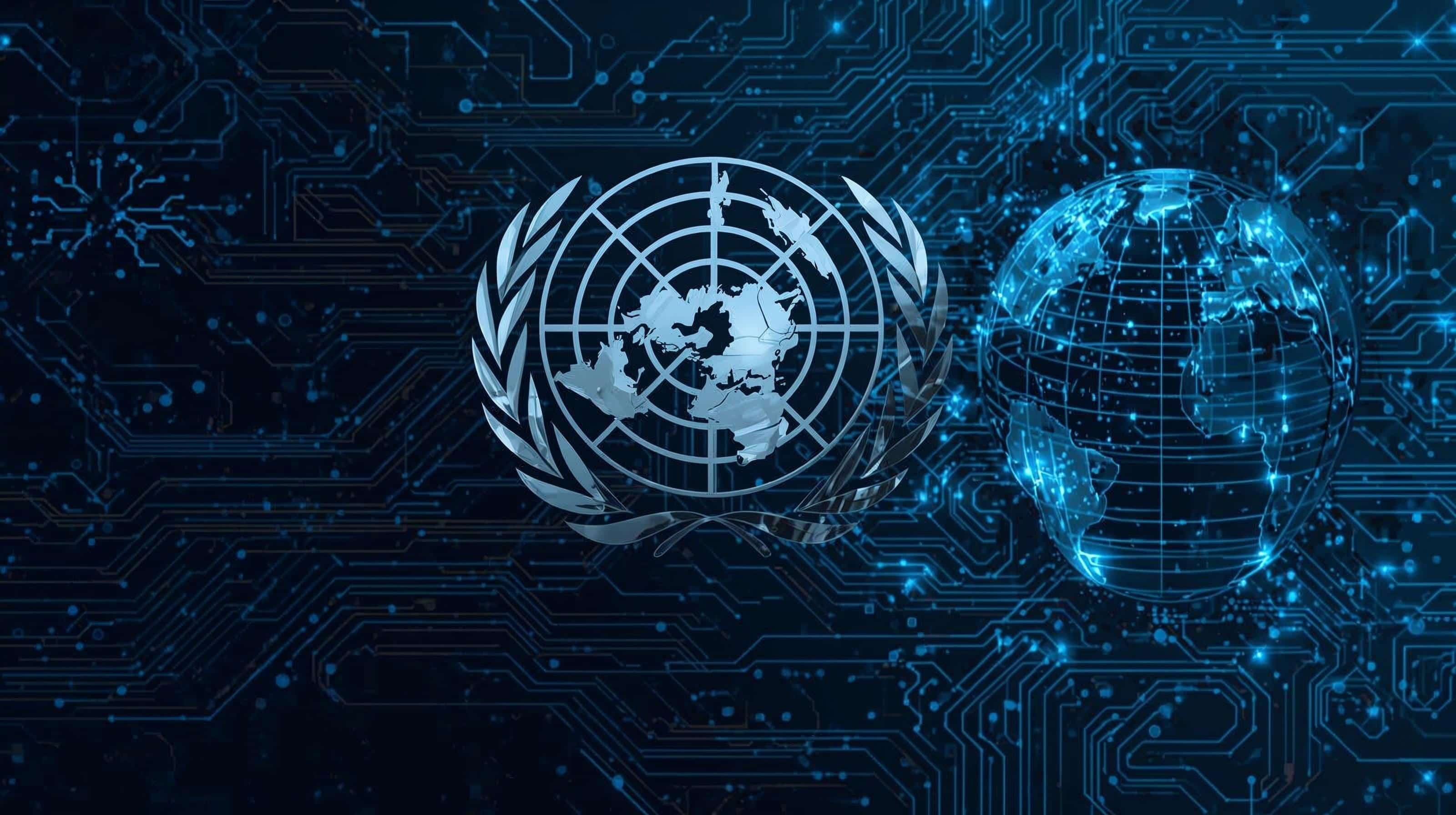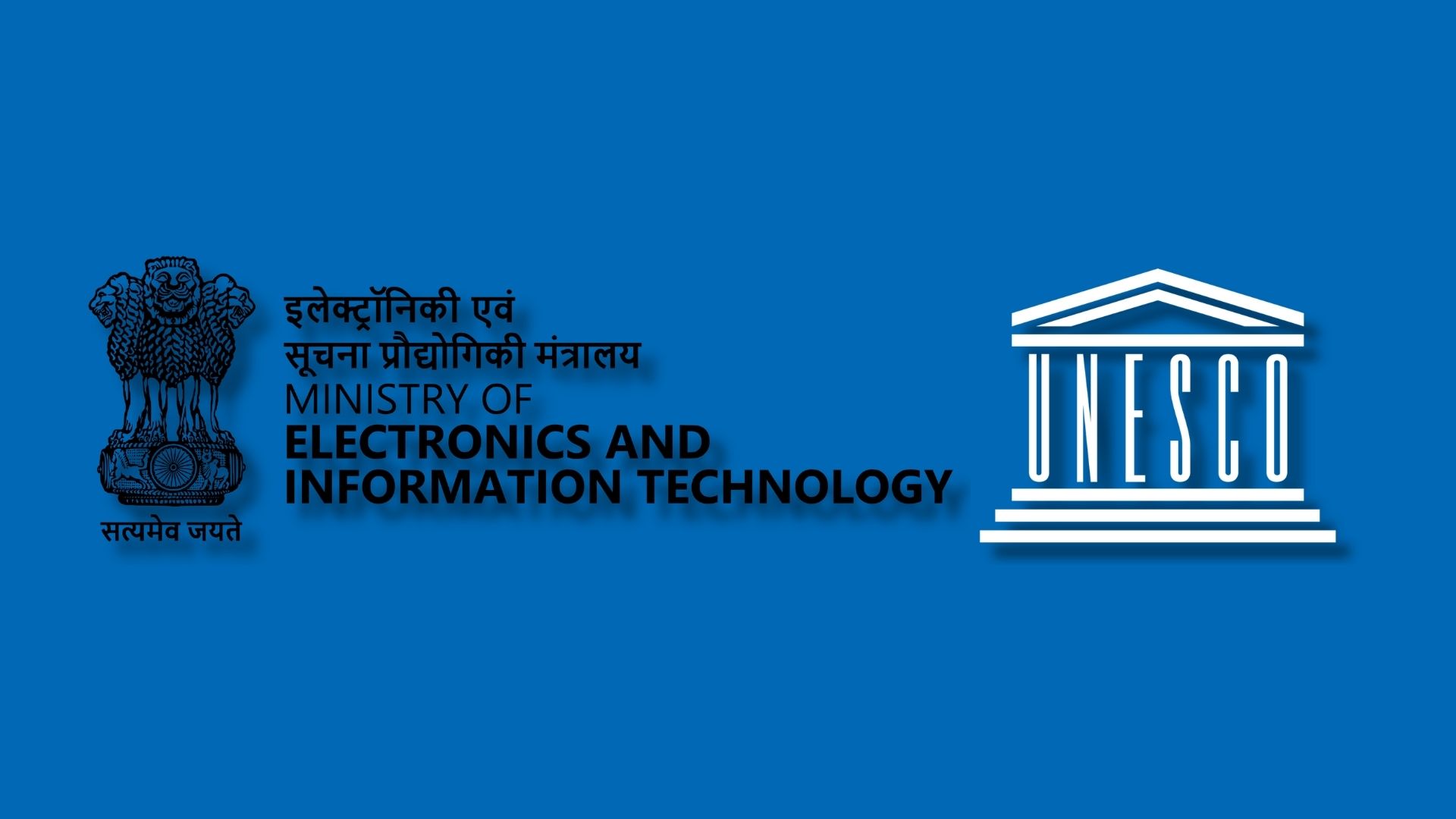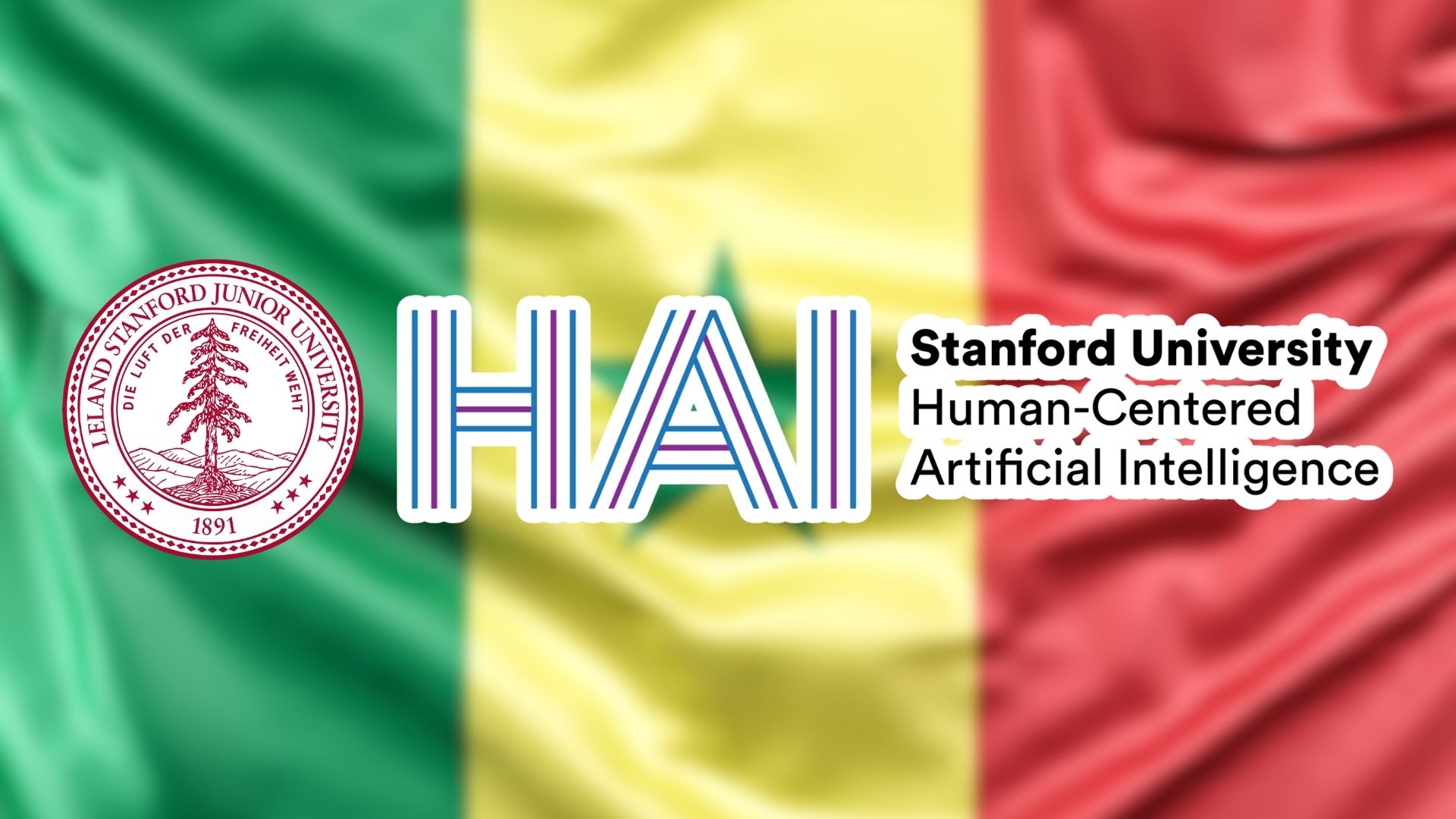AI is increasingly shaping education, offering tools like ChatGPT that provide personalised learning support for students anywhere. Early studies suggest features such as study mode can enhance exam performance, yet understanding AI’s long-term effect on learning remains a challenge.
Traditional research often focuses on test scores, overlooking how students interact with AI over time in real-world settings.
OpenAI, in partnership with Estonia’s University of Tartu and Stanford’s SCALE Initiative, created the Learning Outcomes Measurement Suite to track longitudinal learning outcomes. The framework assesses interactions, engagement, cognitive growth, and alignment with pedagogical principles.
Large-scale trials involve tens of thousands of students, combining AI-driven insights with traditional classroom measures such as exams and observations.
Research shows that guided AI interactions can strengthen understanding, persistence, and problem-solving. Microeconomics students using the study mode achieved around 15% higher exam scores than those relying on traditional online resources.
Beyond short-term results, the measurement suite evaluates deeper learning effects, including motivation, metacognition, and productive engagement, helping educators and developers optimise AI tools for meaningful outcomes.
The suite will be validated through ongoing studies and eventually made available to schools, universities, and education systems worldwide. OpenAI aims to share findings broadly to ensure AI contributes effectively to student learning and cognitive development.
Would you like to learn more about AI, tech and digital diplomacy? If so, ask our Diplo chatbot!










